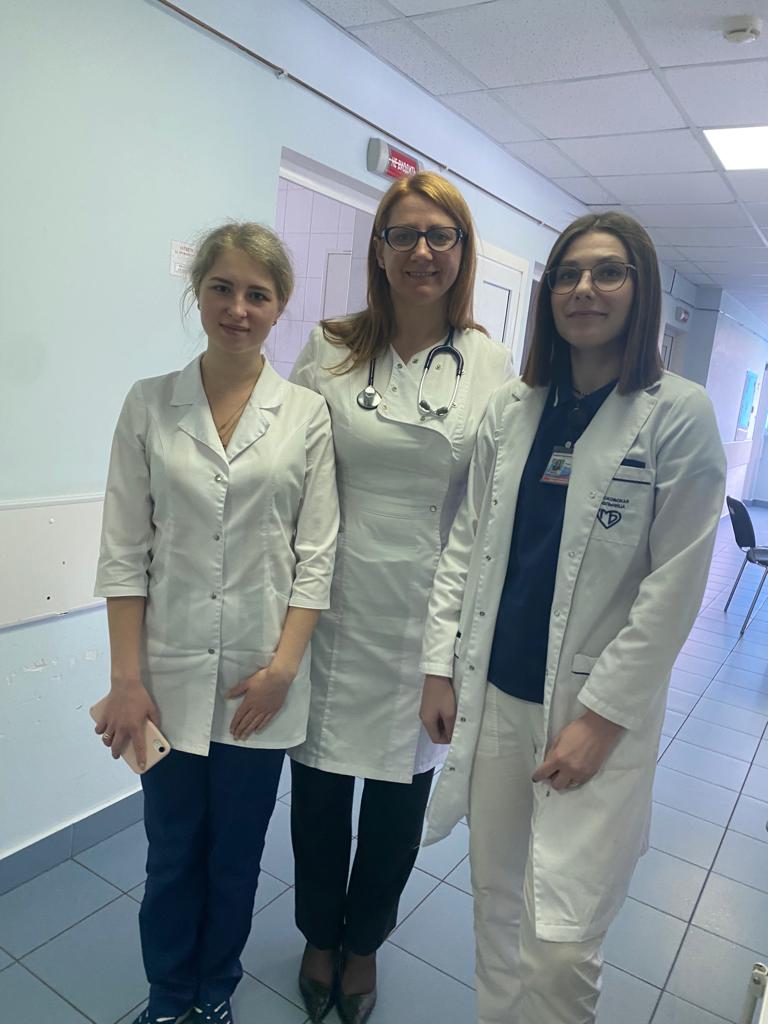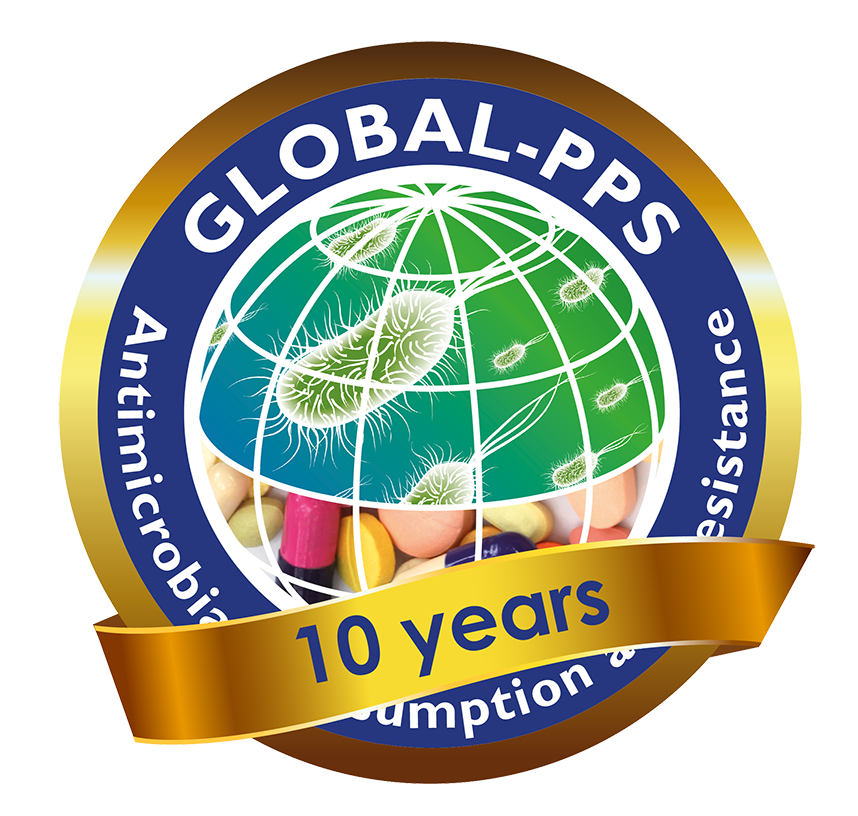2021 Global-PPS results in Russian hospitals show high prescribing rates of broad spectrum systemic antibiotics in COVID-19 patients

In May 2022, the Russian network of hospitals within the Global-PPS project published a new paper in Tropical Medicine and Infectious Disease. The goal of the study was to evaluate prescribing patterns of antimicrobials in COVID-19 patients in several Russian multi-field hospitals, and to quantify the prescribing in relation to quality indicators.
The Global Point prevalence survey (Global-PPS) allows the collection of standardized information on the use of antimicrobial drugs (AMD) in hospitalized patients. The ultimate scope of Global-PPS is to inform the development of targeted measures as a part of local AMS programs and to monitor the effectiveness of their implementation. The Russian Global-PPS project study group conducted a point prevalence survey between June and December 2021, in six hospitals from different regions of the Russian Federation (Krasnoyarsk, Moscow, Omsk, Saratov, Smolensk, and Yakutsk). AMD prescribing patterns in COVID-19 wards were reported, including patients with suspected and proven COVID-19 infection receiving at least one antimicrobial for any indication.
The results of the study show that antimicrobial prescribing patterns in patients with COVID-19 vary considerably among hospitals in Russia. The prescribing of systemic antibiotics is high, especially in ICUs, with a liberal share of broad-spectrum agents such as third- and fourth-generation cephalosporins, fluoroquinolones, and carbapenems. The high rate of antibacterial therapy non-compliance to guidelines poses a problem at some hospitals. Antimicrobial usage surveillance and stewardship should be applied to inpatient care during the COVID-19 pandemic and thereafter. This study will provide a basis for the development of appropriate stewardship activities, tailored according to local practices for each multi-field hospital in the project.
The COVID-19 pandemic had a severe impact on the Russian Federation’s healthcare system. More than 17.6 million cases of COVID-19 and more than 365 thousand deaths have been registered during the last two years. Considering the risk of escalation of antimicrobial resistance, World Health Organization (WHO) guidelines as well as Russian national guidelines are now recommending that antibiotics should not be prescribed unless there is a strong clinical suspicion of a bacterial infection.
